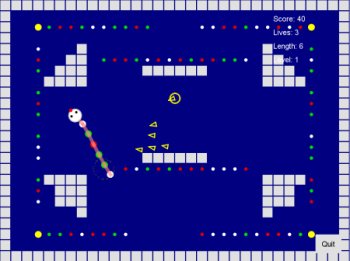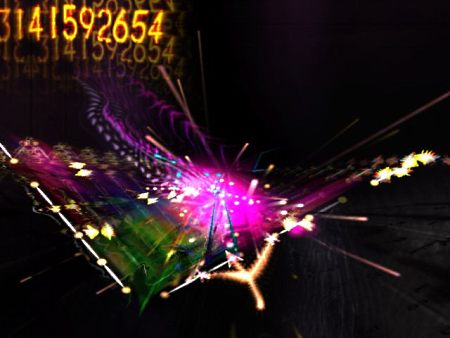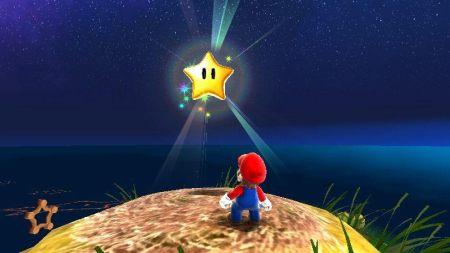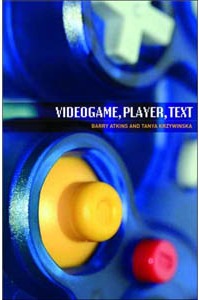Call for papers for The [Player] Conference at the IT University in Copenhagen next August.
*
The Center for Computer Games Research at the IT University in Copenhagen is pleased to announce The [Player] Conference, a conference for games researchers taking place August 26th – 29th 2008.
There is no escaping the player in games research. Whether the focus is on formal aspects of games or on studies of actual gamers, the player is an intrinsic part of the gaming situation. Despite this, the underlying assumptions that inform the notion of the player are often not made explicit in the work of game scholars, regardless of their academic background. This is problematic in itself, but even more so in the inter-disciplinary field of games research where unclear terminology may cloud communication across the borders of academic traditions.
The central focus for The [Player] Conference is to uncover the assumptions that inform our work as game scholars with regards to the player and to consider how we think about and study the player as embodied, represented, derived, historical, idealised – to mention only a few of the positions the notion of player may be put in.
While all papers should focus on the player in some respect or other, there is a diversity of topics to consider. The topics include but are not limited to:
– Conceptions and definitions of players within different disciplines.
– Ideal and real players.
– Player experience, emotions, affects and cognitions.
– Player agency.
– Player taxonomies.
– Methodological issues of studies that deal with players.
– Ontology of player representations.
– The player’s perception and comprehension of the gaming situation.
– Player motivations.
– The position created by the game for the player.
– Player expectations.
– The player as subject and object.
– The player in history.
– Playing for academic purposes.
– The many different roles of players.
– Videogame’s possible effects on players.
– Assumptions about players within academia and the industry.
– Control of player creativity and communities.
We invite submissions of full papers and panels by the 31st March 2008. All submissions will undergo a double blind review process. Notification of acceptance will be announced by the 5th of May 2008. The maximum word limit for full papers is 10000, and 600 pr participant for panels. Note that the panels should focus on debating a chosen topic both among its participants and with the audience.
Inquiries can be sent to player2008@itu.dk. More information will be available on http://game.itu.dk/player/ shortly.






